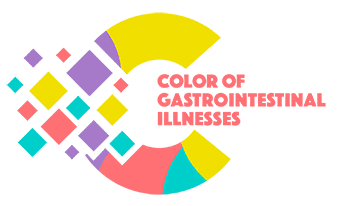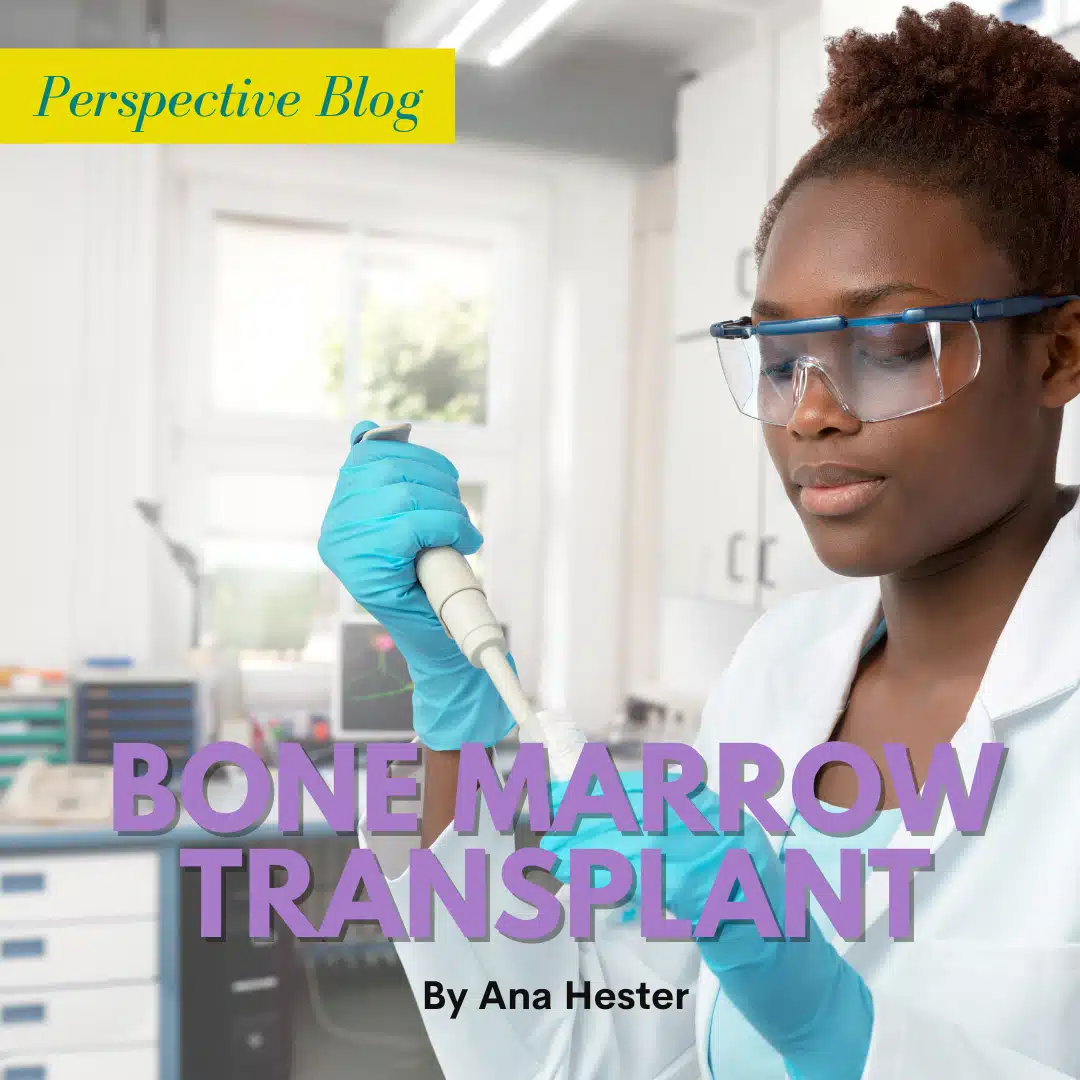Most of us have heard of a bone marrow transplant, but do we really know what that involves or what it is really for?
A bone marrow transplant is the leading option for people with blood cancer, such as leukemia, lymphoma, blood disorders like sickle cell disease, immune system disorders, and inherited metabolic disorders. This procedure is replacing blood-forming cells with healthy ones. There are over 70 diseases that can be treated with a bone marrow transplant.
When you think of cancer, you often think of a patient having chemotherapy and radiation. This is one step of the process for becoming a candidate for a BMT (bone marrow transplant). A patient must undergo chemotherapy and some radiation to destroy the cancer cells and marrow. This step is important as the transplant provides health cells.
A key part of BMT is using stem cells. Stem cells are immature cells that can turn into different types of cells, constantly dividing and producing new cells.
There are five types of bone marrow transplants:
Autologous – a patient receives their own stem cells
Syngeneic – a patient receives stems cells from an identical twin
Allogenic – a patient receives matching cells from a sibling or parent or unrelated donor
Haploidentical – a patient that does not have a matching donor
Umbilical Cord and blood – the removal of stem cells form a newborn’s umbilical cord after birth and then is frozen and stored
Blood Marrow Donation
A series of tests are required to become a donor for a patient in need or for the blood marrow bank.
Testing includes tissue typing, blood test, chest x-rays, pulmonary function tests, bone marrow biopsy, skeletal survey, and dental exams.
According to the National Marrow Donation Program (NMDP), a person’s ethnicity can greatly affect their chances of finding a match. Black patients have a 29% chance of finding a match while white patients have a 79% chance of finding a match.
Be encouraged to join the registry to help those patients in need find a match. You can find more information about becoming a donor at www.bethematch.org

